8 Ways To Identify Fake African Food Products Suppliers
The internet has made life better such that you can be anywhere and find genuine suppliers of African food products, source and purchase the highest quality African food products at the best available rates and have them shipped to your desired location.
The only hurdle is the risk of fraud and fake suppliers. Scammers have duped many African store owners in the name of shipping African food products which they never did.
A very good example is the USA based Mrs Akadi Nwogha who claimed she lost over $10,250 to a fake supplier who promised to ship to her about 2430 lbs (1105kg) worth of African food products.
The objective of a fake supplier is to get payments from as many African food products importers as possible, without supplying them the actual products. This is why they are ready to deal with almost any product you need.
However, there are a few ways you can avoid being a victim of such scammers. Even if a referral categorizes a supplier as “safe”, you should still verify their credibility using the following steps
- Request for a Copy of Tax Identification Number, Company Registration Number and Full Company Details.
Search engines (Google, Bing etc.) could be a good tool to verify if the person you’re dealing with has online reputations.
Check Social Profiles (Facebook, LinkedIn, Twitter) of the person you are dealing with, check their posts, pictures, friends and social activities.
If you are dealing with Nigerian supplier, you can verify if the company is registered using Nigerian Corporate Affairs Commission and Nigerian Export Promotion Council websites.
- Make Phone Calls, Do Not Send Emails Yet
To avoid being tracked by law enforcement authorities, most of the time, scammers do not provide their correct contact information. They submit a false telephone number, address. ALL importers of African food products should make personal contact with suppliers before concluding a sale.
- Check Business Licenses
In Nigeria, African food products exporters have to register with the Nigerian Export Promotion Council (NEPC) and obtain a unique company registration number. If your supplier is unable to provide you with a unique company registration number, it’s too risky to continue dealing with them.
- Watch out for Unbelievable Prices.
Part of the lure of scammers is to offer products at truly unbeatable prices. But, the reason they can offer such low prices is that you will never get the products.
- Ask for References
Professional suppliers understand the value and power of customer referrals.
- Ask for International References
Fake suppliers don’t have genuine references from past clients. Scammers never share direct contact information of their past clients. They would try to run away from this using the excuse of customer confidentiality.
- Ask for Proof of Past African Food Products Deals
Make sure you thoroughly examine and cross-check whatever business deals documents they will send
- Payment Method
When it comes to payment, tell your African food products supplier that you want to get your products picked up by your local agent from their address and that they will pay cash on delivery. See if they allow for this. Scammers will never agree to it but real legit suppliers will.
Conclusion
There’s no doubt that the internet has thousands of active scammers looking to take advantage of African food products importers. However, with a little background check, research and verification you can identify the majority fraudulent suppliers and save yourself from potential business loss.


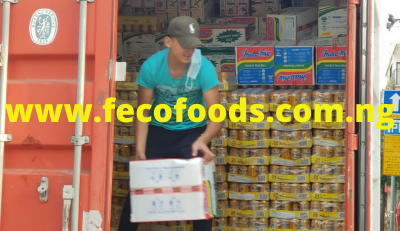
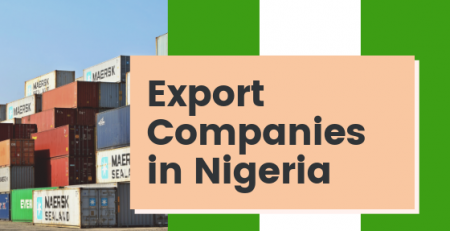

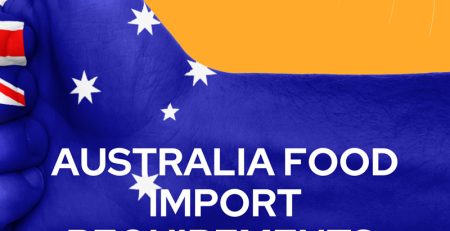
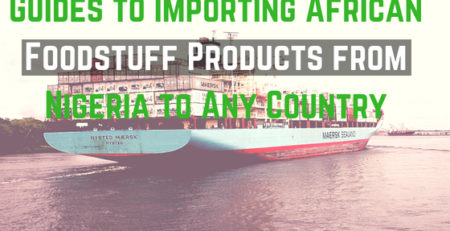

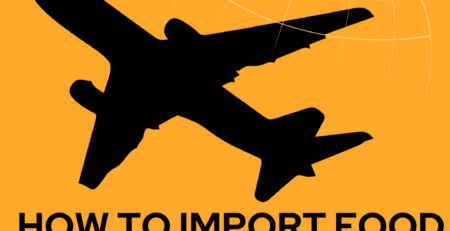

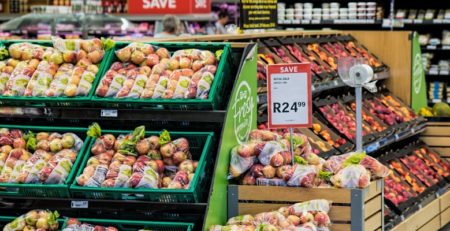

Leave a Reply
You must be logged in to post a comment.